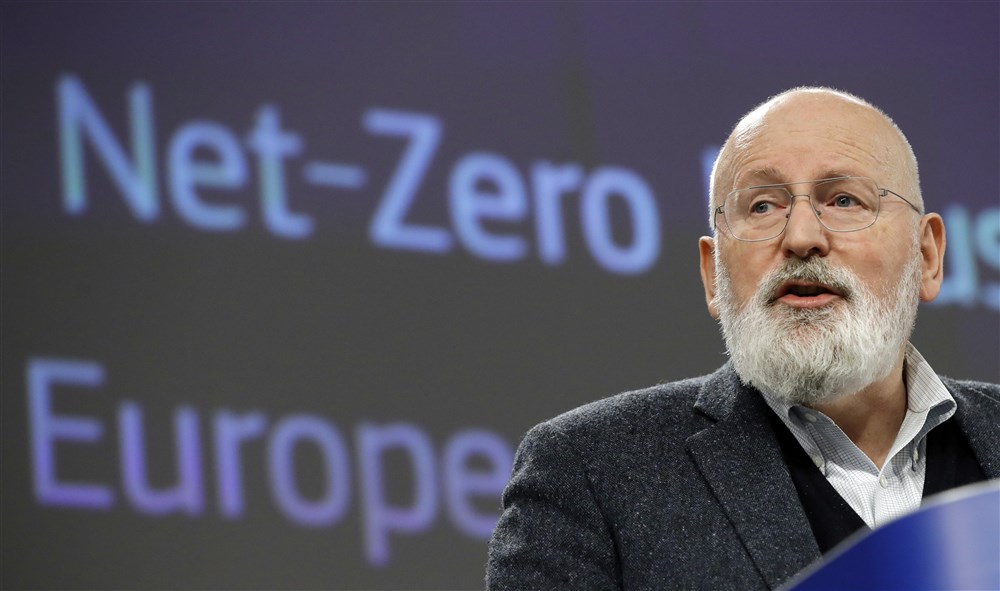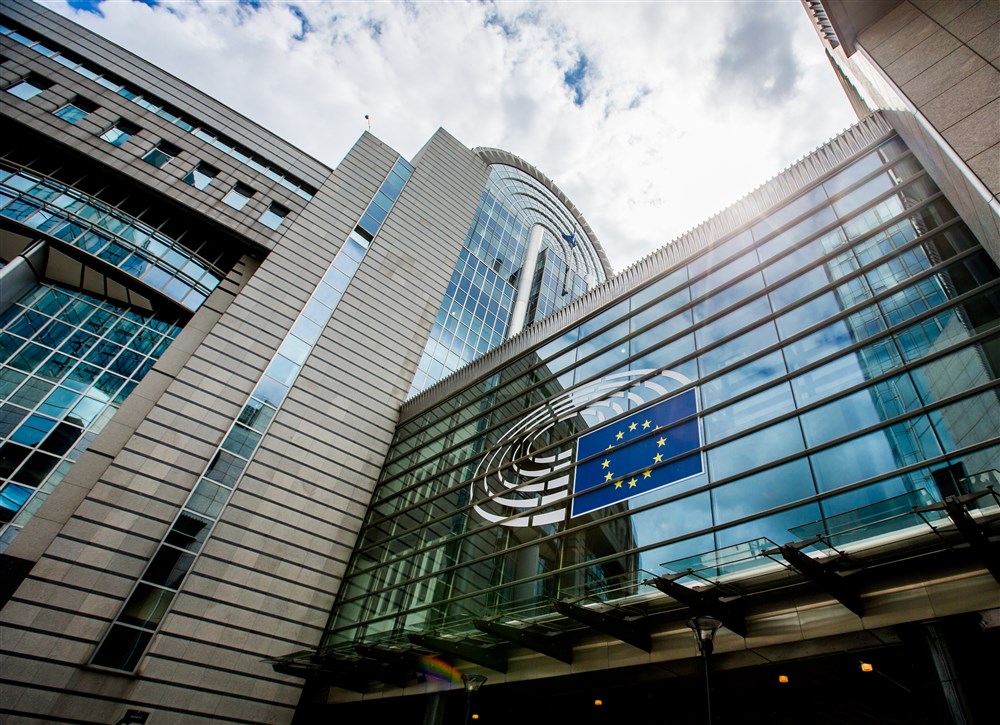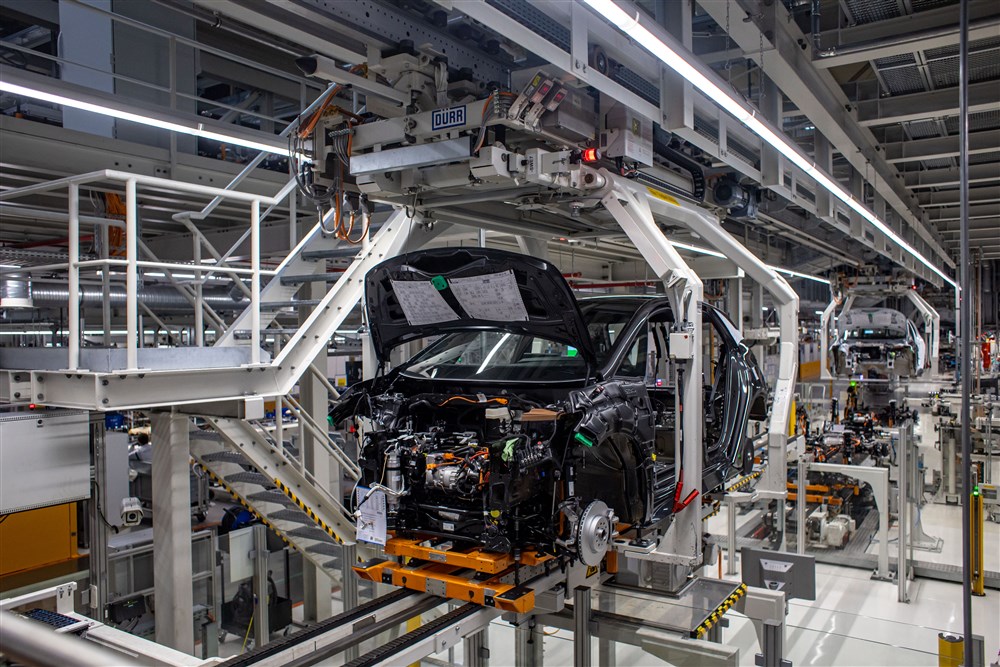The European Food Safety Authority (EFSA) has no objections to the re-approval of the weedkiller glyphosate, despite the World Health Organisation’s International Agency for Research on Cancer (IARC) classifying it as “probably carcinogenic”.
The EFSA did not identify any major areas of concern in its peer review of the risk assessment of the herbicide in relation to potential danger it may pose to humans and animals or the environment.
Glyphosate was developed by US firm Monsanto and first appeared commercially in 1974 under the brand name Roundup. Monsanto was taken over by the German pharmaceutical and agro-chemical giant Bayer in 2016. Glyphosate is the most commonly used pesticide in the world.
Head of EFSA’s Risk Assessment Production Department, Guilhem de Seze, said: “The risk assessment and peer review of glyphosate represents the work of dozens of scientists from EFSA and the Member States in a process that has spanned over three years.
“It is based on an evaluation of many thousands of studies and scientific articles, and also incorporates valuable input gathered during the public consultation,” he added.
Where data gaps are identified they are reported in EFSA’s conclusions as either issues that could not be finalised or outstanding issues, he said.
The findings have alarmed activist groups. Greenpeace, for example, describes the result as “a move that puts people’s health at risk”.
Greenpeace European Union pesticides campaigner Eva Corral said: “For years the evidence of glyphosate’s toxicity for people and the environment has been stacking up, but the European Food Safety Authority has once again decided to sweep it under the carpet.
“The [European] Commission and EU governments have a duty to protect people and nature: they must reject its re-approval and put European farming on a sustainable course,” she added.
Last year, the European Chemicals Agency (ECHA) carried out a hazard assessment of glyphosate and concluded that it did not meet its scientific criteria to be classified as a carcinogenic substance. EFSA used ECHA’s classification for the purposes of the risk assessment of the chemical.
The conclusion of EFSA is not in line with other investigations. In 2015, the IARC classified glyphosate as “probably carcinogenic to humans”. A later study, in 2019, found that people with high exposure to it have a 41 per cent increased risk of developing a type of cancer called Non-Hodgkin lymphoma, referring to “a compelling link”.
Last year, a report by a unit of the American Centers for Disease Control and Prevention (CDC) found that more than 80 per cent of urine samples taken from children and adults in the US contained the chemical.
The weedkiller has also been proven to have a negative effect on bees.
Still, authorities worldwide, including the US Environmental Protection Agency (EPA) and the ECHA, have classified the herbicide as non-carcinogenic.
Its manufacturer maintains there is no legitimate scientific research showing a definitive association between glyphosate and any type of cancer.
Glyphosate is contained in a number of herbicide products and its use in Europe is subject to strict regulation. It is currently approved in the EU until 15 December. The risk assessment and subsequent peer review by EFSA was carried out as part of the legal process required to renew the approval of its use in Europe.
EFSA’s conclusions regarding glyphosate have been shared with the EC and Member States to help them to decide on whether or not to keep glyphosate on the EU list of approved so-called pesticide-active substances.
However, echoing Greenpeace’s concerns, the Belgium-based Health and Environment Alliance, HEAL, also criticised EFSA’s conclusions. “When it comes to health effects, robust scientific evidence overwhelmingly supports concerns about glyphosate’s carcinogenic potential as well as other impacts for human development, or the reproductive system – some of them with the ability to be transmitted across generations”, said Natacha Cingotti, the chemicals programme lead at HEAL.
Today @EFSA_EU concluded that #glyphosate does not pose ‘unacceptable’ risks to health, despite robust scientific evidence supporting concerns about the #herbicide's harmful effects.
Our reaction ➡️https://t.co/x9fwT1s7X8#stopglyphosate pic.twitter.com/kZnANj4uOE
— Health and Environment Alliance (HEAL) (@HealthandEnv) July 6, 2023





